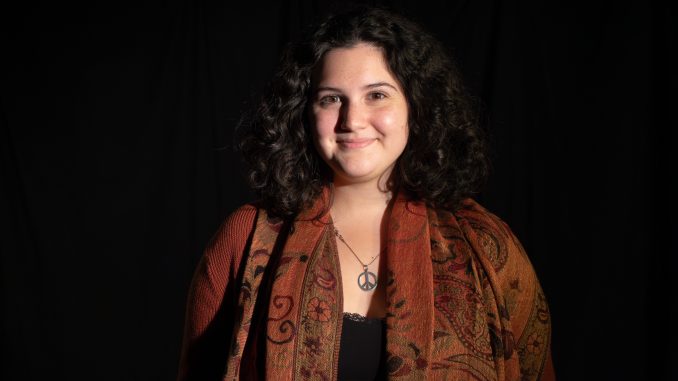
In the days following President-elect Donald Trump’s win in the 2024 election, women around the country have been grieving and coping with their fears surrounding the unknown future of reproductive rights. One response gaining traction across social media is the 4B movement.
The movement began in South Korea in the late 2010s and stands for the four “bi,” meaning “not” in Korean, against men. The “Four Nos” are no sex with men (bisekseu), no dating men (biyeonae), no marriage to men (bihon) and no giving birth (bichulsan). As discussed in the NPR article, “Boycott men? South Korea’s 4B movement gains traction in the U.S. after Trump’s win,” 4B has strong consequences for women. The idea that sex and marriage are for the desires of men, inhibits women from partaking in their own pleasure as a sacrifice and empowers them to give up any personal dreams of having a family.
4B also reinforces the idea of gender essentialism, the ideology that males and females each have innate, biological differences. This rhetoric goes hand-in-hand with trans-exclusionary radical feminism (TERF) in the 4B movement in South Korea due to its call for a total disassociation of the sexes.
With interest in 4B peaking in the U.S. comes a growing potential of going down a slippery slope into anti-trans discourse. At a time when trans rights are being targeted, this can lead to more division than unity.
However, the movement’s sentiment of women feeling the need to take back their bodily autonomy could be a valuable ideology for U.S. women looking for a place to start.
All over my TikTok feed for the past week, women are calling for a U.S. version of 4B, making appointments with their gynecologists for IUDs and other forms of birth control, breaking up with their partners who voted for Trump and/or against reproductive rights protections in their states.
In NPR’s article, they cited one such TikTok by user @purple_spxrrow saying, “I think it’s time for American women to participate in our own 4B movement. If men won’t respect our bodies, they don’t get access to our bodies.”
They also included the response of Nicholas Fuentes, a far-right, white nationalist and Holocaust denier, who made headlines back in 2022 when he and rapper Kanye West had dinner with President-elect Trump. He has since made a video mocking women in which he says, “Hey b***h, we control your bodies. Guess what? Guys win again, okay men win again, and yes we control your bodies. Hi, I’m your Republican congressman. It’s your body, my choice and men win again. There will never ever be a female president, never … It’s over. Glass ceiling? Dude, it’s a f*****g ceiling made of bricks.”
So, where does this leave someone like me: a 21-year-old woman in college with a long-term boyfriend living in New York State? For the first time in my life, I am considering going on birth control. It’s something I never wanted to use due to the countless horror stories from friends, family and women online talking about the pain of an IUD, the physical changes like weight gain and acne, the three-month-long periods and the mental health challenges brought on by hormonal changes. Even though the New York Equal Rights Amendment was passed, protecting reproductive freedom, it is still a scary thought that this may be challenged one day by federal lawmakers or a supreme court ruling.
